Vučić briefly and clearly: "No"
President of Serbia, Aleksandar Vučić, pointed out that President of the Czech Republic, Miloš Zeman's apology for the bombing of Serbia in 1999 was historic.
Tuesday, 25.05.2021.
16:25
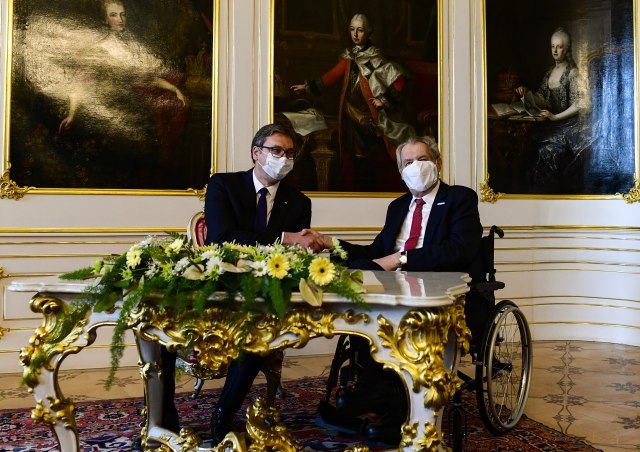
Vučić briefly and clearly: "No"
President of Serbia, Aleksandar Vučić, pointed out that President of the Czech Republic, Miloš Zeman's apology for the bombing of Serbia in 1999 was historic, adding that he did not believe that NATO would ever apologize for those attacks.In an interview for the Czech portal "Parlamentary paper", Vučić said that he was not previously informed that Zeman would apologize, and that this was not part of the joint materials for the preparation of the visit.
"I was surprised, very positively, and I was extremely glad to hear his words. That statement is a healing balm for the wound of the Serbian nation. Zeman thus entered the history of Serbia and the Serbian nation, and will enter our history textbooks", he underlined.
Vučić reiterated that Zeman is the first president, such a high-ranking politician who is still on duty, who did something like that. "Do you know how much this means for a small nation in Europe? Our small country was attacked by 19 foreign countries, which will always say that they did it because of a humanitarian catastrophe, because of children. Instead, they killed 72 children in Serbia in air-raids. "Was this the price we were forced to pay? Did they want to punish us in this way? This was really not a legitimate punishment," President of Serbia pointed out.
He added that Zeman's words are important to him because of that, because they raise the pride and dignity of our nation.
Vučić stated that Zeman could not make the citizens of Serbia happier than by giving such a statement.
When asked if he expects NATO to ever apologize for the aggression, he answered with a clear - "no". "They will keep repeating that they did the best they could and just wanted to prevent a humanitarian catastrophe. If there is truth in this, I have to ask whether the murder of thousands of people, especially 72 Serb children, was just 'collateral damage.' "Or what? I don't believe in any official institutional apology from NATO. But if you ask me if Zeman is the last president to do that, I don't think so. He is the first, but certainly not the last," Vucic is convinced.
In this regard, he recalled that Madeleine Albright, when she was in Prague a few years ago, when asked about the bombing, answered that they had to do it to save lives.
"They always find 'reasons' to defend themselves, but it's a one-sided approach. I also respect people with whom I don't have to agree, but it's a very, very one-sided approach and, above all, it's not true," he stressed.
When asked what the change at the head of the United States means for Serbia, its foreign policy and whether he expects some changes, Vučić answered that that change does not mean that much.
"I know President Biden better than Trump. I saw him briefly twice and talked to him basically only once. While in the past I saw President Biden five times and talked to him four times longer," Vucic added. If, he says, the question is what the new president of the USA means in the geopolitical sense, Vučić stated that United States of America has recognized Kosovo and does not want to give up that direction.
"The United States will, of course, continue to put pressure on Serbia or, not to mention the pressure, but the demand to recognize Kosovo's independence. But this is a category that does not change in the US foreign policy, so I do not expect any changes", Vucic said.
Asked how the process of resolving the problem of Kosovo and Metohija is going, Vučić said that Serbia is still open for dialogue, because whenever the two sides talk to each other, tensions ease a bit.
"And whenever you have a dialogue, you can guarantee a little more security for the Serbian people in Kosovo and Metohija. It is important for us to hold talks and we are interested in finding a compromise solution," Vucic repeated.
He said that at the recent Summit on Brdo near Kranj, in Slovenia, he met Vjosa Osmani, who, he says, expressed interest in everything, except for a compromise solution to that issue.
"If their intention is to wait for someone to put pressure on Serbia to recognize Kosovo's independence, to make accusations of genocide against Serbia, and I don't know what else, then I am not an optimist," Vucic said. All this, he adds, shows that the other side is not interested in dialogue.
"Whether we can successfully reach a compromise solution, I don't know at the moment and I don't see it as optimistic. I hope we will succeed one day," Vucic said.
When it comes to the relations between the Czech Republic and Serbia, and the potential for mutual investments, Vučić said that the two countries have doubled trade in the last few years.
"The Czech Republic has jumped from the 14th to 10th place of foreign business partners of Serbia. This is not easy when you keep in mind that Germany is in the first place, Italy in the second place, and China in the third... The Czech Republic is getting closer and closer. It is possible that the next time we talk, your country will be ranked eighth or seventh", pointed out Vučić, adding that mutual cooperation is accelerating, that more and more Czech investors are coming to Serbia.
In addition to the interview, a poll was conducted in which as many as 96 percent of Czechs said that they considered Serbs to be a fraternal people.
Noting that Serbia has taken the lead in the fight against COVID-19, primarily in rapid vaccination, Vučić said that Serbia still has an "offer" of vaccines, consisting of four types of vaccines and that citizens can choose whether they want to be vaccinated with Pfizer, AstraZeneca, Sputnik V or Sinopharm vaccine.
"We have more than enough vaccines and the only problem is that not everyone wants to be vaccinated, so we can easily vaccinate people from neighboring countries and other foreigners," he said.
Asked how Serbia managed to make a deal on enough vaccines in time, while the vast majority of European countries did not, Vučić explained that our position was a little easier than the EU members. "We did not have political borders, we viewed this issue purely as a fight against infections, diseases and health, and that was not a geopolitical issue for us... That is why we asked for vaccines in all possible and accessible ways. We started vaccinating with Pfizer on December 24. We provided it on time with a bilateral agreement directly with Pfizer. It failed from some other programs such as COVAX and the like. Second, we got Chinese Sinopharm, then Sputnik V and finally AstraZeneca vaccine," he explained.
Vučić said that it required a lot of effort and work, but he reiterated that the whole process was easier, because the issue was not viewed politically, but exclusively from the health aspect.
"From the beginning, our priority was that all our citizens have the opportunity to protect their health and their families, as well as their loved ones," he underlined.
He answered in the affirmative to the statement that Serbia will produce the Russian vaccine, saying that our institutions are working on it.
"The whole process is in the phase of intensive preparations. We are dealing with the last details, documentation and necessary preparations for the production that will begin soon. We are building a special factory together with the United Arab Emirates and China for the production of Chinese vaccine and other vaccines. This is a joint project of three states, so that Abu Dhabi, Beijing and Belgrade work together and we hope that in the future we will have more capacity to fight the coronavirus, its mutations, or anything else. We will provide conditions for a faster response to possible epidemics not only in Serbia but also for the whole region we live in", he said.
Vučić did not want to comment on whether geopolitics was more important to some European countries than saving lives, saying that the EU is a great power of 450 million people, and Serbia is small compared to EU.
"It was our duty to take care of ourselves and we succeeded. I am grateful to the EU for any help. Let the inhabitants of the EU countries assess whether they are satisfied or not," President of Serbia said.
He reminded that Chinese doctors helped Serbia, which had no experience with this disease. "Chinese doctors trained ours, helped us together with the Beijing Institute to build a laboratory for PCR tests, so we had a relatively large capacity to conduct tests, although I'm still not completely satisfied. Now we want to build a plant for the production of PCR tests so we don't have to import them. We do it together with our Chinese friends who shared their experiences with us," he stressed.
Thanks to all that, according to him, we finally managed to bring the spread of the epidemic under control, but he added that it can never be said that it is completely under control, with six and a half thousand dead to date.
That, he says, is less compared to most European countries, but it is still a lot.
When one journalists said that he asked about cooperation with China, because many countries, but also many politicians in the Czech Republic, warn about China and are afraid of cooperating with it, Vučić said that there are no problems with that.
"But there is one thing. We are also part of the European continent and we belong to Europe. Isn't it a coincidence that in Europe many years ago it was claimed that the market economy is the greatest value? And now when someone doesn't like the market economy, it is being disregarded. Principles should not depend on whether we are better at something than someone else or not," he said.
Vučić pointed out that Serbia is on the European path and that it wants to be a member of the EU, but that at the same time it has very good relations with China and that it will not spoil them, because it is in someone's interest.
"In Serbia, we have an iron factory that the Americans returned to us after after making losses and threatened that 5.200 people would lose their jobs. The Chinese took the ironworks under their control, and today it works great despite all regulatory measures for steel imports into the EU. The Chinese maintain not only social peace, but also the economic power of Smederevo and this whole part of Serbia. Another example is the copper mine in Bor. No one but the Chinese showed interest. In Europe, we were told to prepare a tender and only Russians and Chinese applied. "Well, the Chinese won," he explained.
Vučić said that Serbia does not have any bad experiences with China. "Maybe someone has bad experience, but we don't. We keep the state debt under control at below 60 percent of GDP, which is better than many EU countries, and I don't see a problem with that. Above all, it's not fair to blame Serbia for good relations with China, while others have two hundred, five hundred times more trade with China. I'm sorry, but this is not fair. Some may think we are stupid, but we are not crazy and we can judge numbers. They lecture us. They themselves have a hundred times bigger trade with China, but at the same time they are bothered by Serbia's cooperation with China. But they don't mind that they have 500 times bigger cooperation," he said.
Vučić emphasized that Serbia will continue with a successful policy, knowing that it is on the European path, but that it must also take care of itself, its citizens and their standard of living.






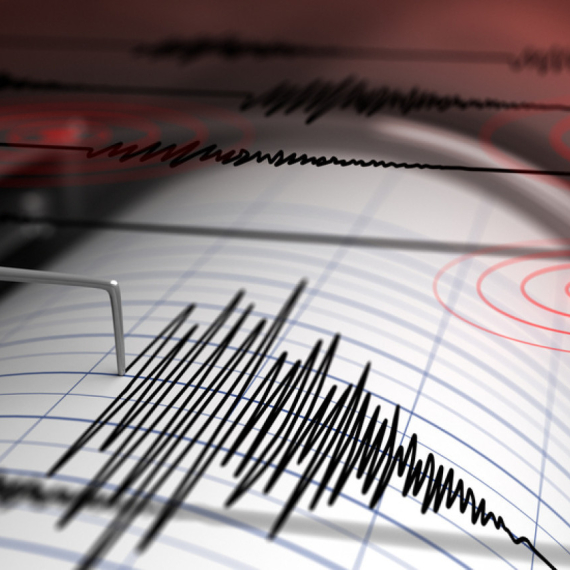



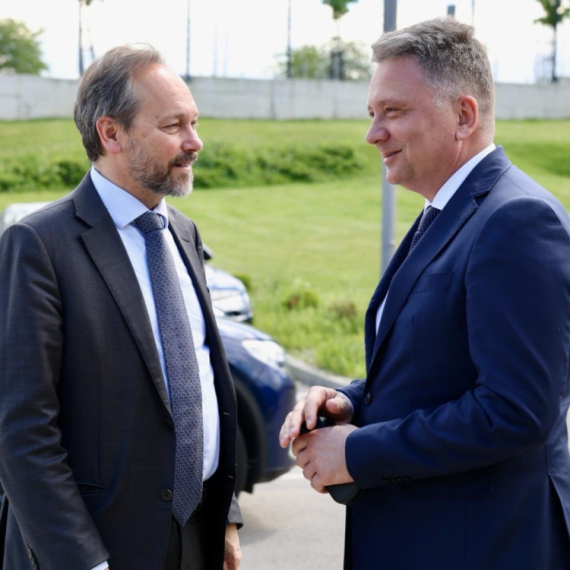
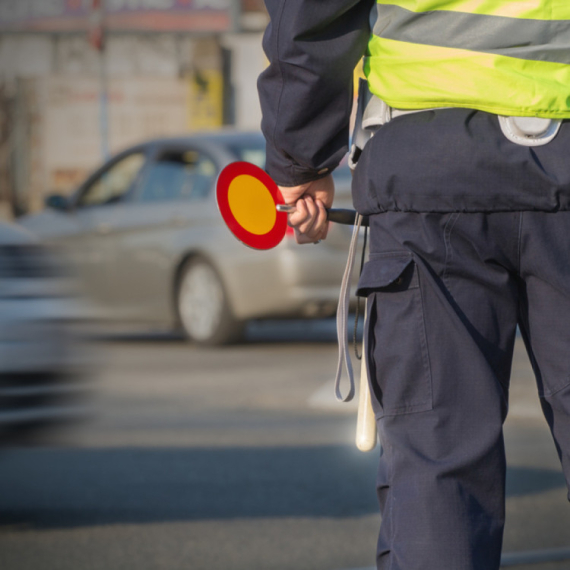
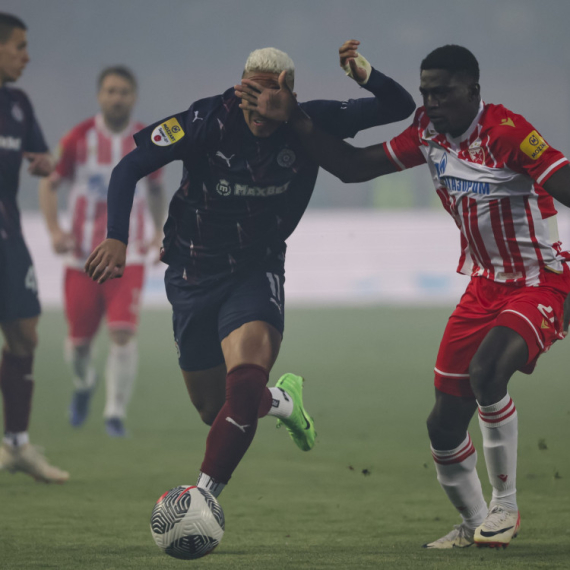
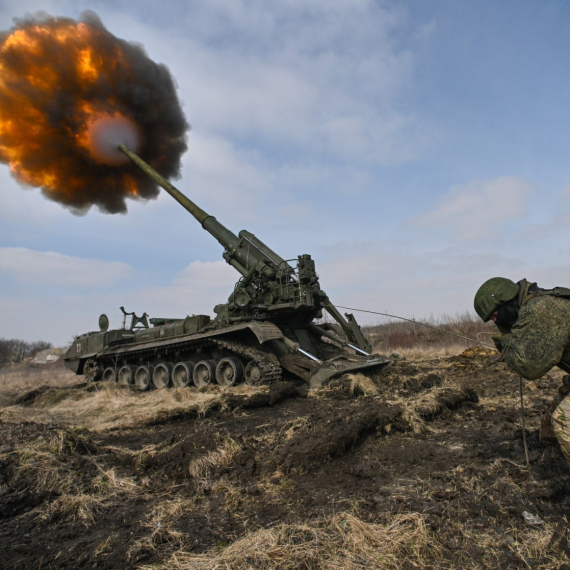

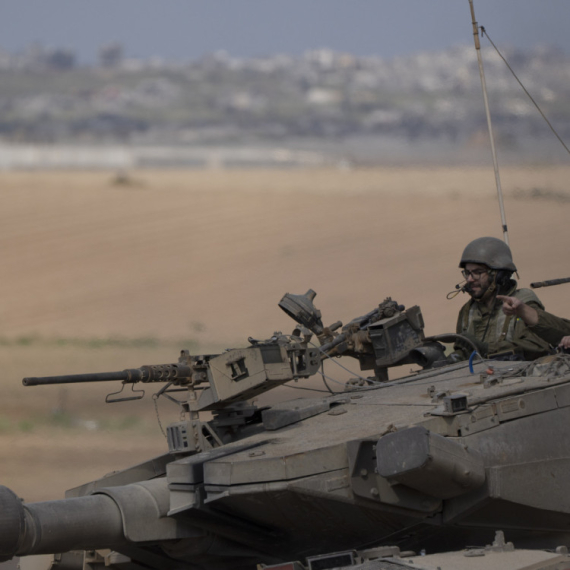
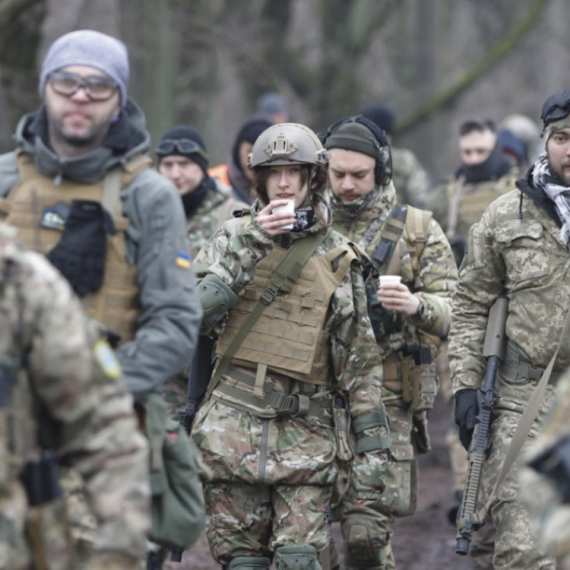

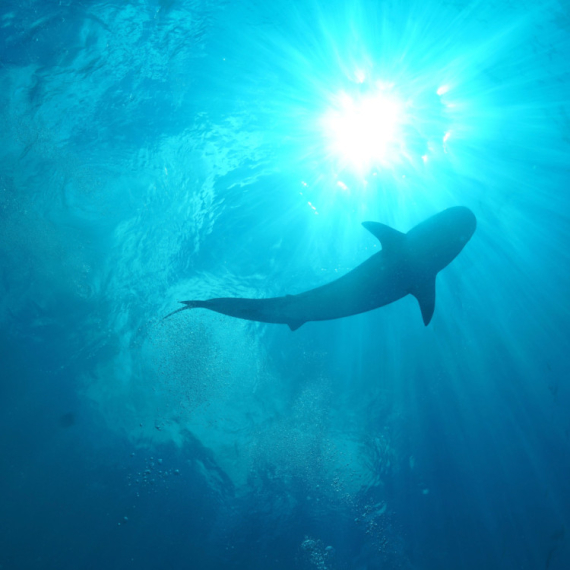

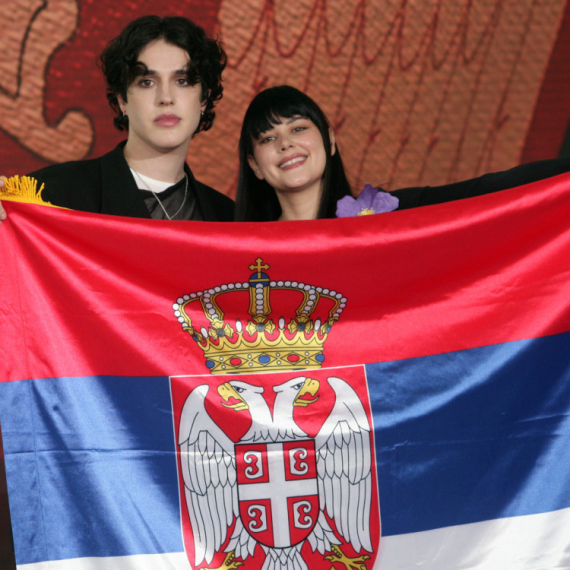
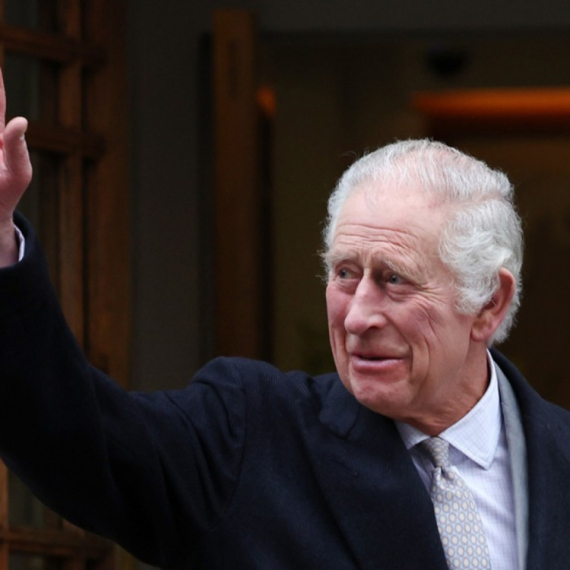
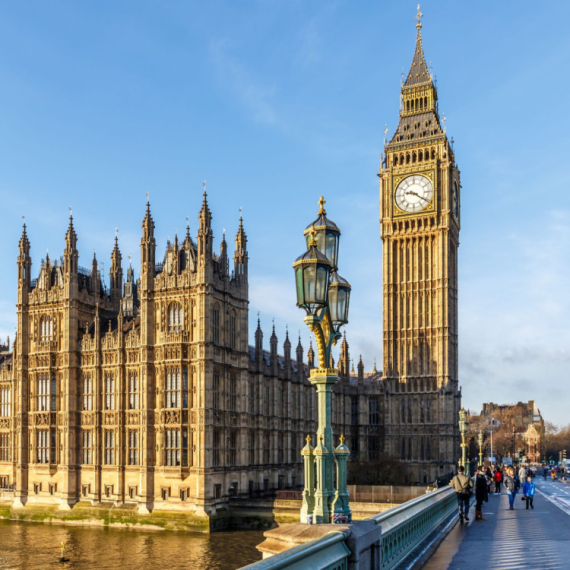




















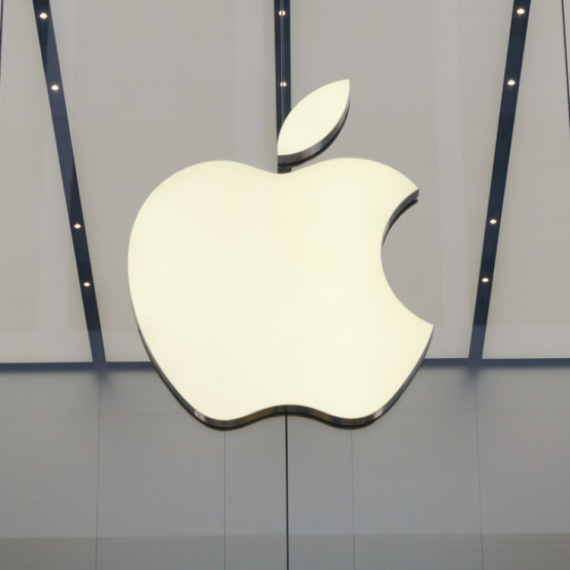
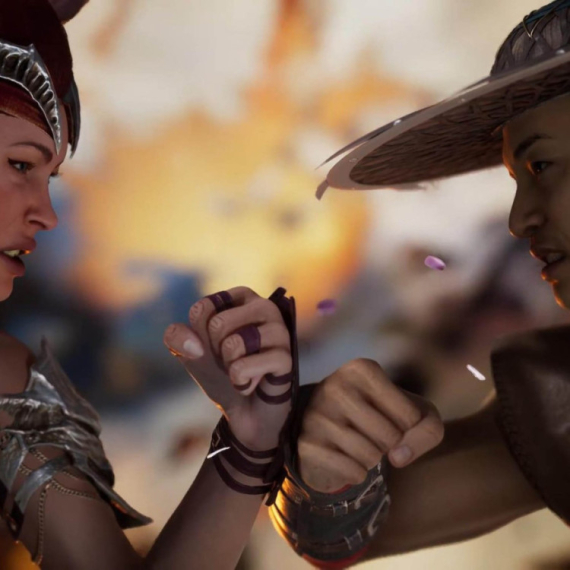
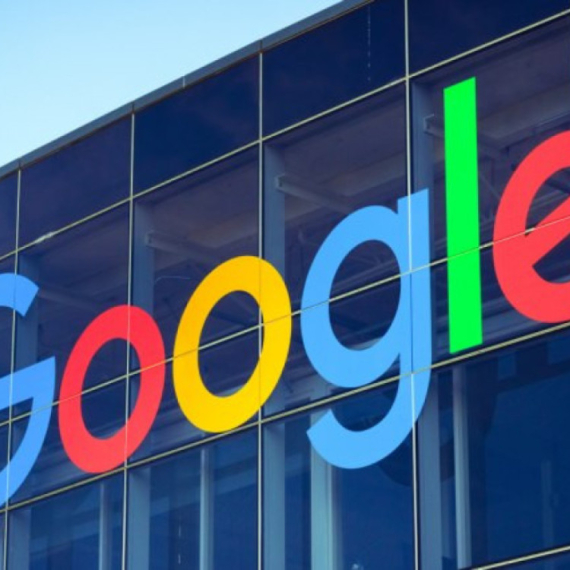
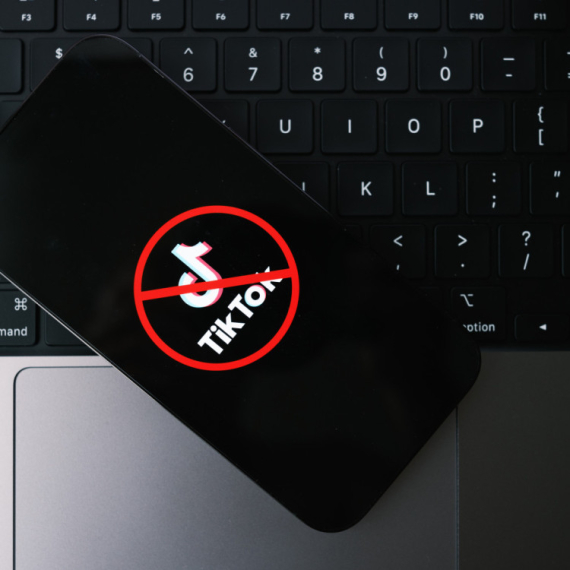


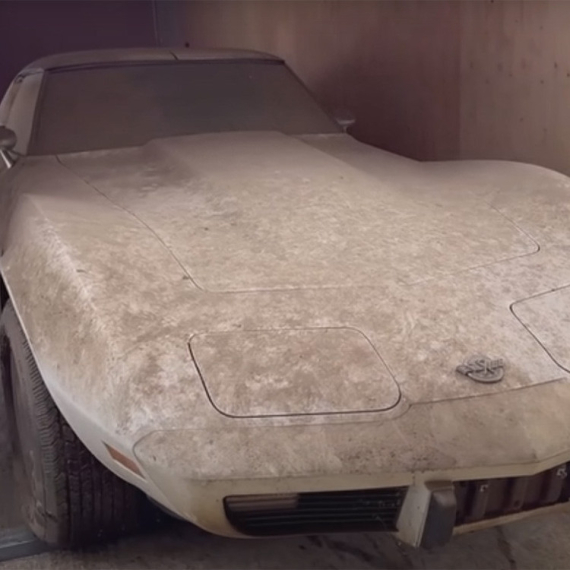
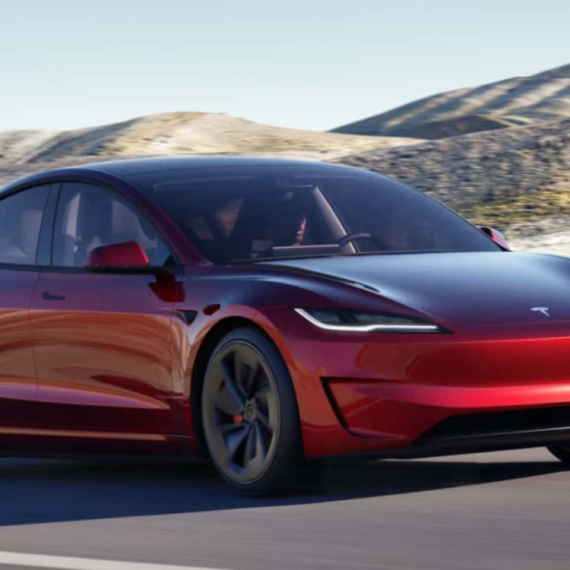

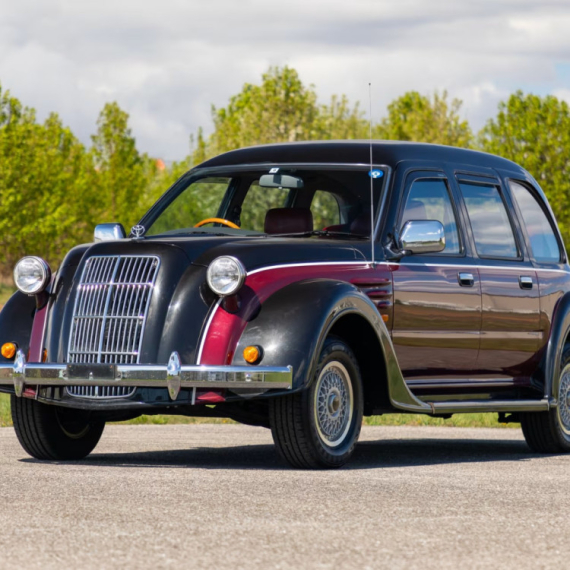


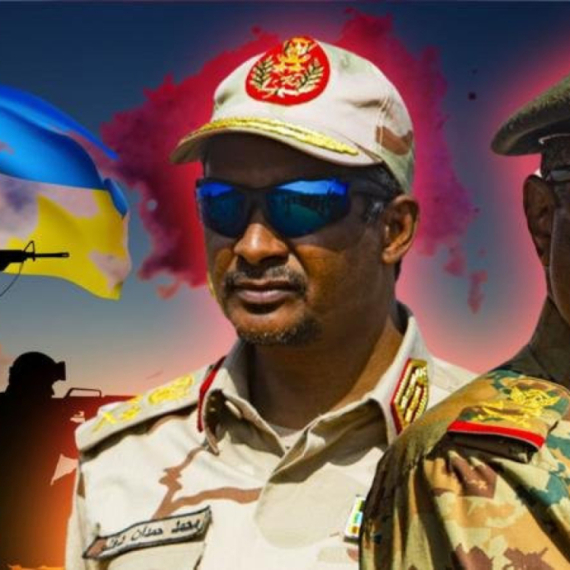
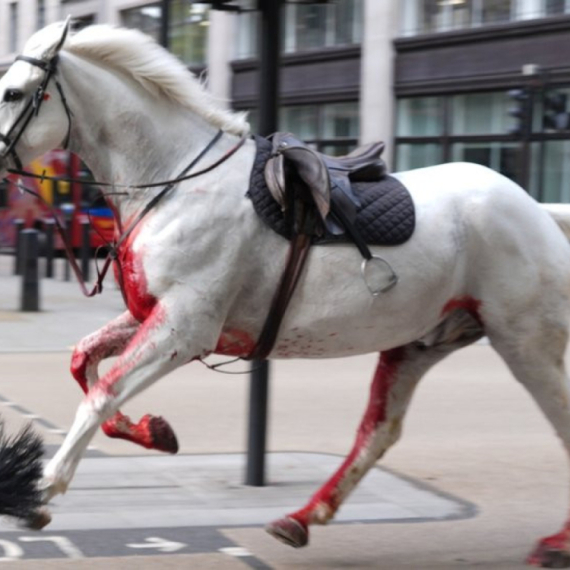
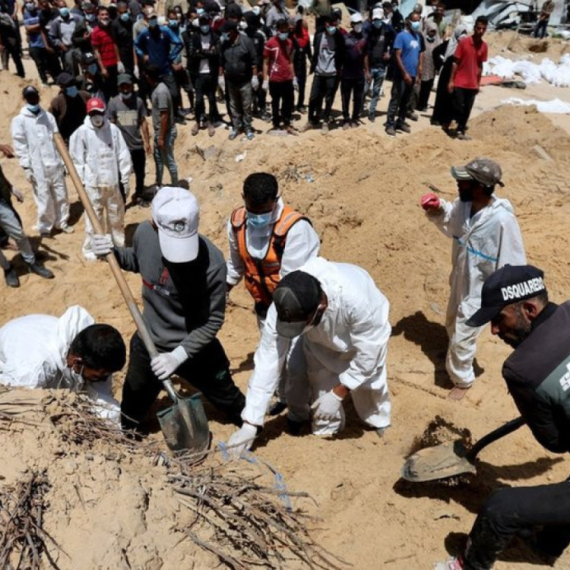

Komentari 1
Pogledaj komentare